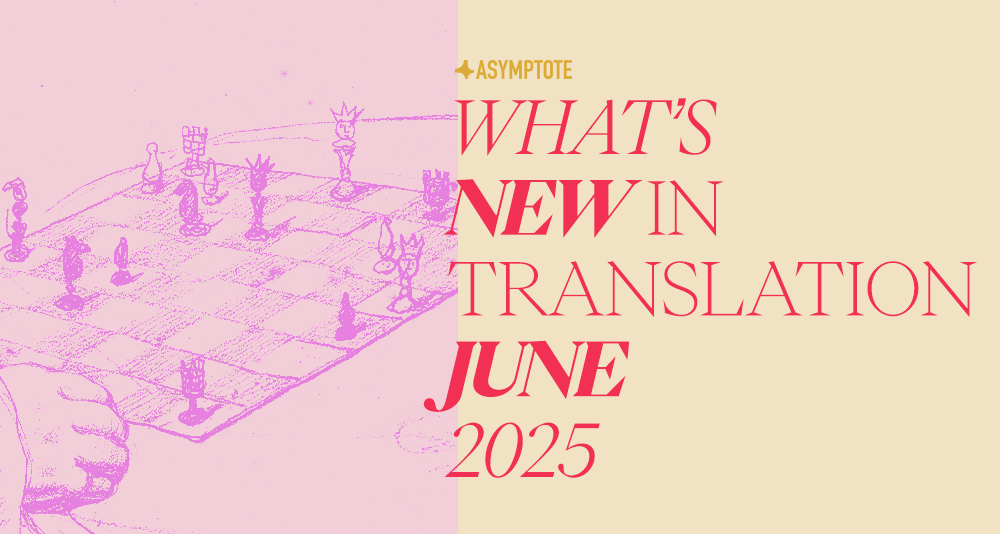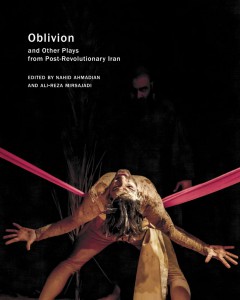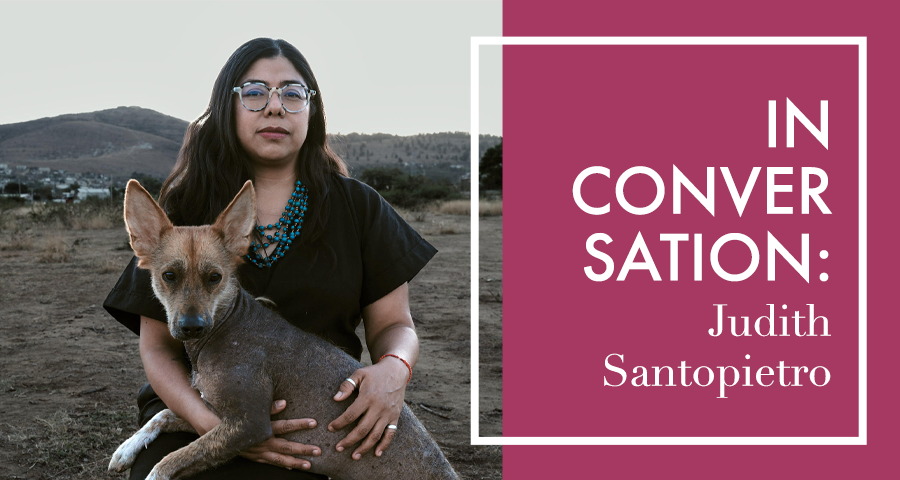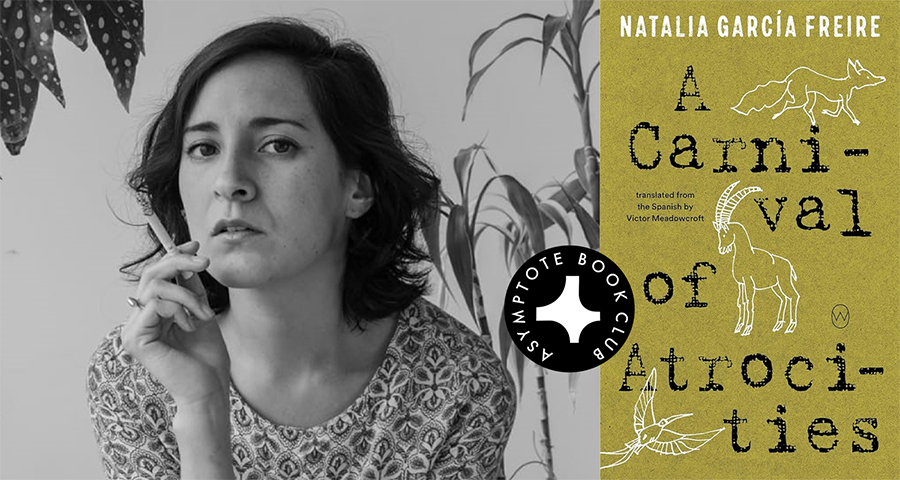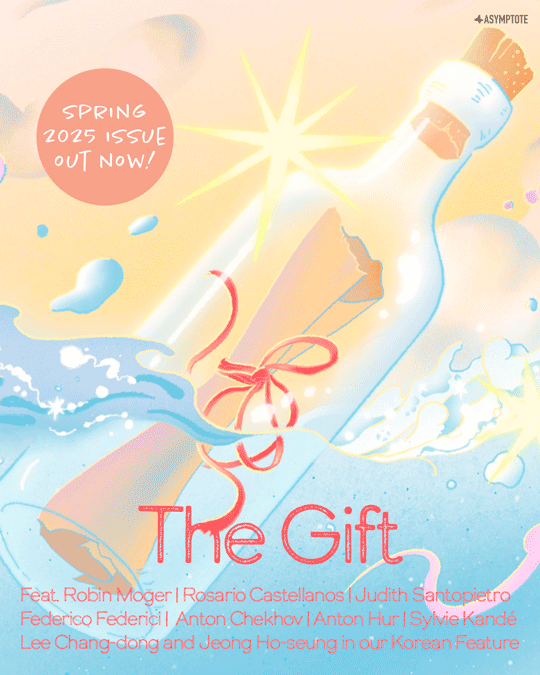Pedro Mairal’s 2005 El año del desierto [The Elements] is a novel for our times: a beautifully-written, grippingly-narrated, and lucidly-plotted story of how easy it is for a civilization to fall back into barbarism. It begins in an Argentina in the grip of the financial, political, and social crisis of December 2001, and it goes on to narrate the collapse of civil society: a collapse that takes place over the span of a calendar year, but that involves the implacable unraveling of some five hundred years of history. As history and geography rewind beneath the feet of the nation’s horrified inhabitants, one woman lives through its regressive stages, just barely surviving to tell a tale that resonates with dystopian imaginings everywhere. It is told from a resolutely female perspective, that of the clear-eyed and plain-spoken heroine, Maria Valdés Neylan, the descendant of Irish immigrants to Argentina. (Not just any immigrants: her great-grandmother is the title character of James Joyce’s short story “Eveline” – left on the docks by Joyce, but imagined here by Mairal as having traveled on to Argentina). Maria’s narration alternates between the laconic and the lyrical, testifying in vivid and moving but never salacious ways to the violence she sees unfolding around her, and that is visited on her own body – as we see in this excerpt, in which she thinks back over the line of fierce female figures from whom she is descended, in ironic parallel with the unraveling of women’s rights in a society barreling backward.
—Michelle Clayton, translator
“The Comet”
I wasn’t able to bathe until the third day. There was a tub with cold water in a tiny room at the back of the house with a bolt on the door. It wasn’t the cleanest, and of course it was hard to see anything, but just to have some privacy felt like luxury to me; I could finally cry without being seen, not to mention take my clothes off and let down my hair. It had been months since I had done either: I always felt like I was being spied upon, with unseen men milling around me. Now I bathed standing up in the big metal tub; I washed my hair with soap, luxuriating in it despite the freezing water. Other residents sometimes left a garden hose filled with water coiled in the sun on the patio through the day, so as to have lukewarm water when they bathed in the evening. But I didn’t wait to heat up the water; as soon as I learned that the bath was free, I went straight in.


